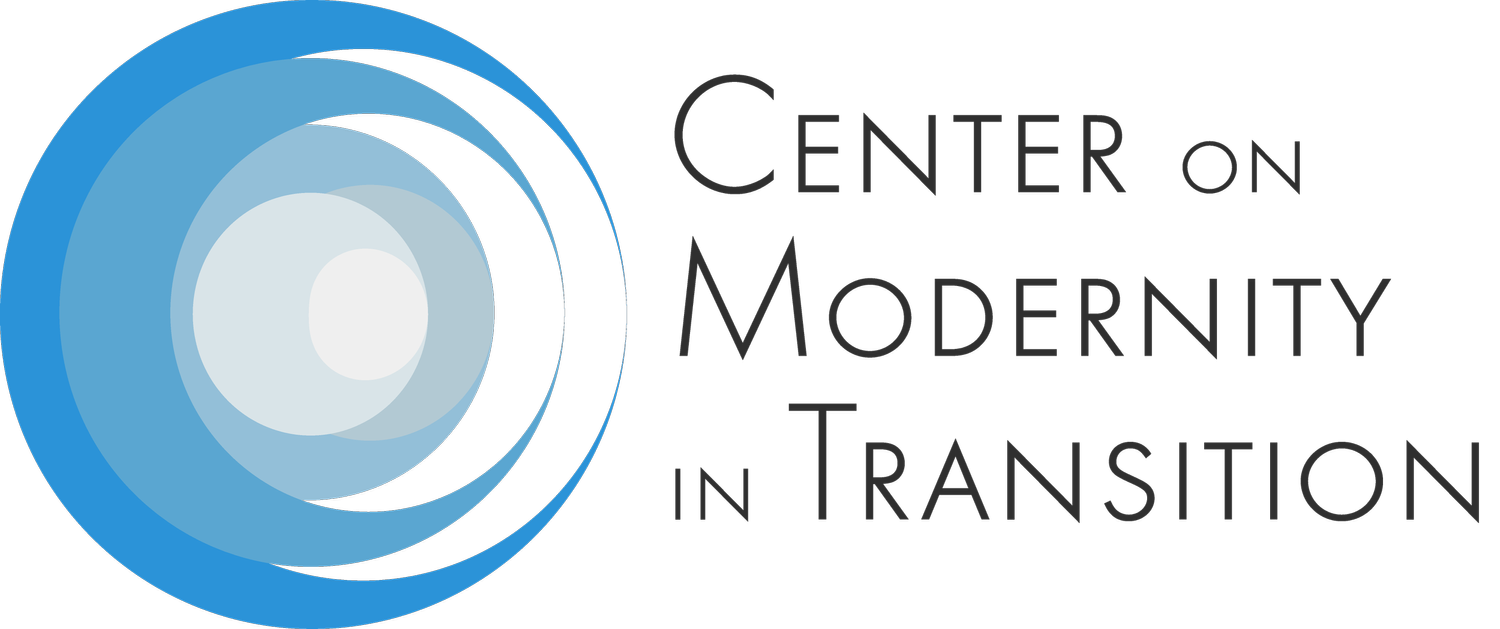RESEARCH
Human Oneness and Identity
How does recognizing the inherent oneness of humankind reframe the identities and relationships upon which society depends?
Today, a host of planetary forces are challenging the boundaries that define group identities, resulting in confusion, insecurity, conflict, and ever more forceful assertions of difference. Even as health and climate emergencies amplify the need for a deeply felt sense of human oneness, categories of “us” and “them” have multiplied and become more prominent across the globe. Humanity, in other words, is increasingly gripped by a crisis of identity. While liberal forms of nationalism and democracy are struggling to resolve the crisis, universalist approaches face significant challenges as well: they are widely deemed utopian, homogenizing, or too far removed from the everyday realities of ordinary people.
The Human Oneness and Identity research track seeks a robustly reimagined conception of human oneness that transcends both the boundaries of national identities and the pitfalls that characterize many universalist theories. We ask: How might a different understanding of the oneness of humankind address our crisis of identity? How could a new conception of oneness reconcile humanity’s fundamental oneness with its essential diversity?
Book Projects
The Crisis of Identity and the Case for Human Oneness
by Shahrzad Sabet
Humanity faces a crisis of identity. As the forces of our global age challenge boundaries that define group identities, the secure sense of belonging these identities have traditionally supplied is frustrated or lost, resulting in confusion, insecurity, and conflict. Solutions rooted in national identity, or in other familiar concepts such as liberal democracy, are struggling to resolve the crisis. This book invites readers to consider a different solution: a collective identity based on the oneness of humankind. Through a combination of philosophical and empirical inquiry, Sabet challenges the assumption that a universal human identity must be utopian, homogenizing, or too far removed from the everyday realities of ordinary people. She turns received wisdom on its head and argues that, far from threatening or contradicting the diversity of humankind, an identity rooted in human oneness is uniquely equipped to ensure the fundamental security and flourishing of our other—and otherwise unstable—identities and affiliations. What emerges is a transformative conception of human oneness that permeates all identities and relationships, and finds expression as much in the local and the national as it does in the global and international.
Is there a way of being human that is different from the models of violence and accumulation that predominate today? Looking forward to a new, increasingly creolized century, in 1997 the poet and philosopher Édouard Glissant asked, “Do we have the right and the means to live another dimension of humanity? But how?” In this book, a sequel to Choose Your Bearing, Benjamin P. Davis looks to W. E. B. Du Bois, Édouard Glissant, Sylvia Wynter, and Edward Said in order to consider more imaginative “dimensions” of being human. He concludes with a reflection on Hannah Arendt’s moving correspondence with Karl Jaspers, which offers lessons for humanist thought and practice today.
Choose Your Bearing: Édouard Glissant, Human Rights and Decolonial Ethics (Contemporary Continental Ethics)
by Benjamin P. Davis




